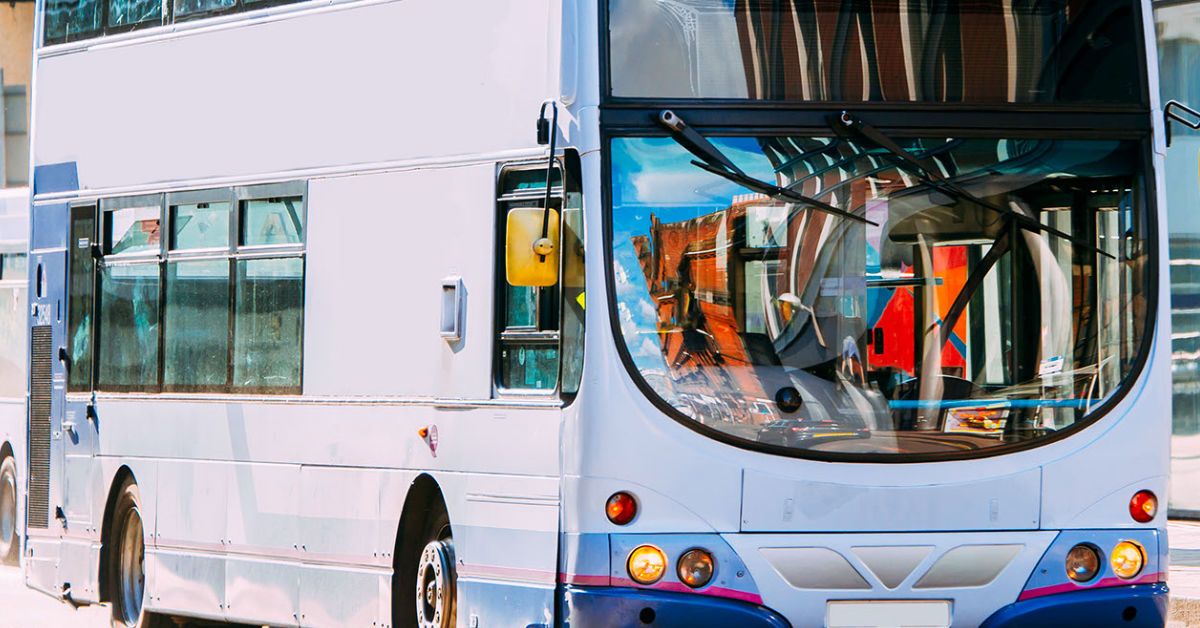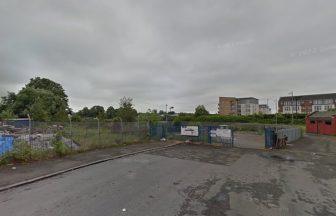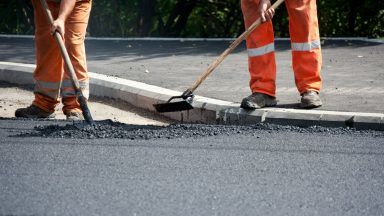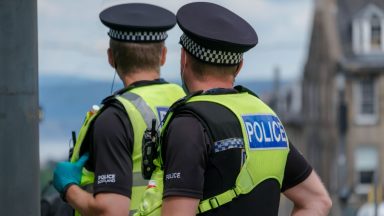Glasgow is set to trial AI technology on its roads in an effort to speed up bus journeys.
The £1.27m project, funded through the Scottish Government’s Bus Infrastructure Fund, will see smart traffic signals installed along Pollokshaws Road, one of the city’s busiest transport corridors linking the Southside to the city centre.
Over the next year, more than 20 junctions will be fitted with the AI-powered signals, designed to prioritise buses.
The system aims to use real-time and historical data to reduce delays and keep services running smoothly, particularly during rush hour, major events, and unexpected disruptions.
The trial, building on a smaller pilot last year which cut bus journey times by up to 50%, could be expanded to other routes across the city if deemed successful.
While the focus is on buses, all road users are expected to benefit from smarter traffic signals, which are expected to ease congestion, reduce emissions, and improve overall traffic flow.
The funding will also support early-stage design work on three major infrastructure projects.
- Pollokshaws Road Bus Corridor – extending bus lanes and adding a segregated busway near Pollok Park, with improved links through the city centre to Glasgow Royal Infirmary.
- Paisley Road West Bus and Active Travel Corridor – introducing new bus priority and active travel measures from Paisley town centre to Glasgow city centre.
- Hope Street Improvements – upgrading junctions, crossings, bus shelters, and passenger information at one of the city’s busiest interchange points.
Cllr Angus Millar, Glasgow’s transport convener, said the investment was a step towards a “quicker, more reliable bus network”.
“By trialling AI-powered traffic signals on one of our busiest corridors, we’re exploring how new technologies can deliver improvements for bus passengers and make travelling by bus an easier option for more people,” he said.
“The funding will also support design work for several major projects that will cut journey times through bus priority measures. By investing now, we’re laying the groundwork for future delivery that will benefit passengers across the city and beyond.”
Minister for agriculture and connectivity Jim Fairlie said: “Artificial intelligence and machine learning have the potential to transform bus prioritisation across the city.
“This crucial investment will speed up journeys, make buses more attractive, and support our climate goals by encouraging more people to choose sustainable transport.”
Dr George Hazel OBE, chair of the Glasgow City Region Bus Partnership, added: “Bus travel is a lifeline for many people – connecting them to work, education, healthcare, and more.
“By investing in smarter, more efficient infrastructure, we’re helping create a greener transport system that reduces car dependency and supports economic growth.”
Follow STV News on WhatsApp
Scan the QR code on your mobile device for all the latest news from around the country


 iStock
iStock
























